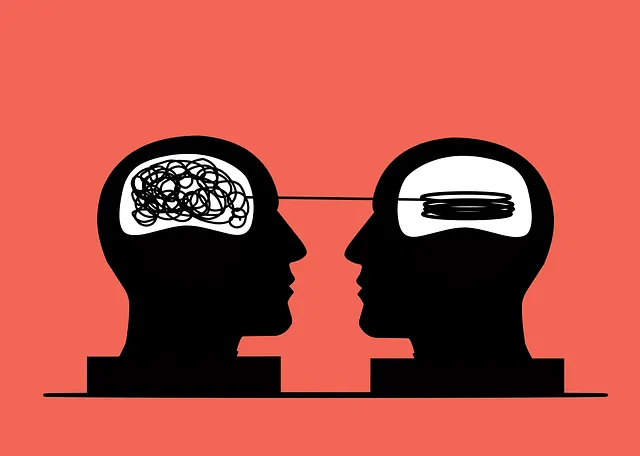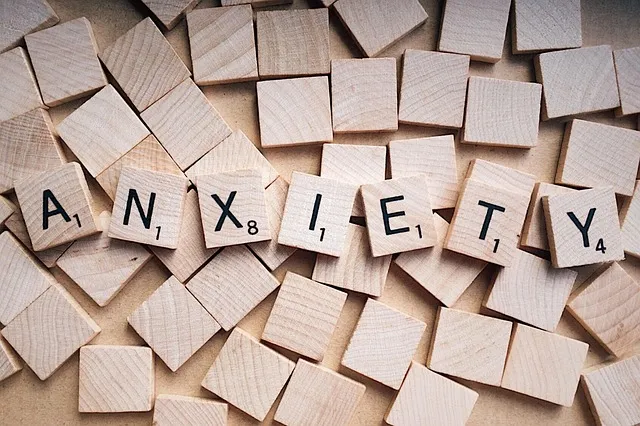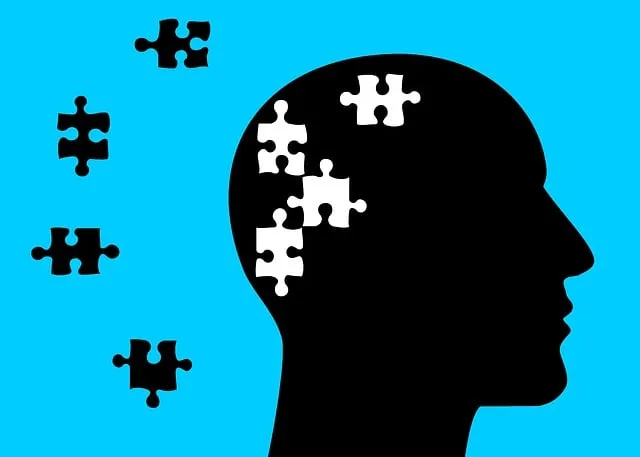The stigma around mental health is a significant barrier to care, causing individuals to internalize negative beliefs and avoid treatment. The Parker Kaiser Permanente (PKP) mental health center addresses this through innovative approaches combining therapy, empathy, and mindfulness workshops, as evidenced by positive reviews. Comprehensive strategies including community engagement, educational workshops, and peer support groups normalize conversations about mental health, reduce stigma, and equip individuals with coping mechanisms. Success at the PKP mental health center is measured through patient feedback, outcomes data, and policy analysis, ensuring continuous improvement based on insights from Parker Kaiser Permanente mental health center reviews.
Mental illness stigma remains a significant barrier to individuals seeking support, but efforts are underway to change this. This article delves into the profound impact of stigma on those battling mental health issues and explores innovative strategies for its reduction. We highlight the successful model at the Parker Kaiser Permanente Mental Health Center, focusing on community engagement and education. Additionally, we discuss measuring success through evaluating the effectiveness of these stigma-reduction efforts, using data from Parker Kaiser Permanente mental health center reviews to illustrate key metrics.
- Understanding Stigma: Its Impact on Mental Health Seekers
- Parker Kaiser Permanente Mental Health Center: A Model for Change
- Strategies in Reducing Stigma: Community Engagement and Education
- Measuring Success: Evaluating the Effectiveness of Stigma Reduction Efforts at PKP
Understanding Stigma: Its Impact on Mental Health Seekers

Stigma surrounding mental health issues is a significant barrier for individuals seeking support. It often leads to feelings of shame and fear, preventing people from openly discussing their struggles and, consequently, hindering access to necessary care. This phenomenon is particularly concerning when considering that mental health concerns are prevalent; according to reviews of the Parker Kaiser Permanente mental health center, many patients face stigma as a primary obstacle on their path to recovery.
The impact of this stigma can be severe, often causing individuals to internalize negative beliefs about themselves, leading to avoidance of treatment and delayed access to effective support systems. Emotional healing processes are hindered when people feel they must hide their true selves for fear of judgment. However, there is hope in the form of dedicated organizations that offer stress management workshops and emphasize evidence-based stress reduction methods as a means to combat this societal issue. By providing safe spaces and educational resources, these initiatives aim to reduce stigma, encourage early intervention, and promote overall well-being.
Parker Kaiser Permanente Mental Health Center: A Model for Change
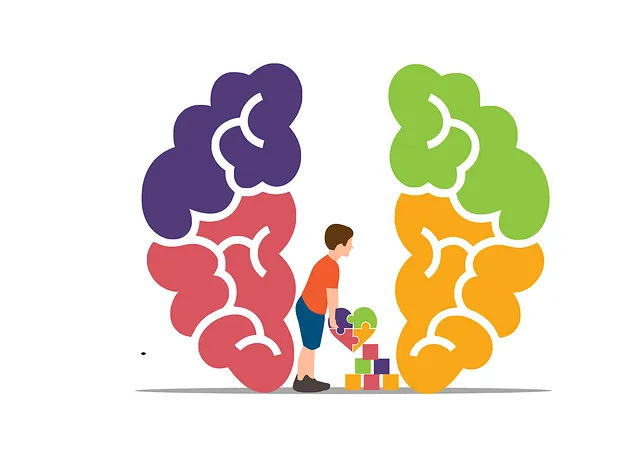
The Parker Kaiser Permanente Mental Health Center stands as a beacon of hope and progress in the fight against mental illness stigma. This pioneering facility has revolutionized care by integrating innovative therapeutic approaches with a deep focus on empathy building strategies and compassion cultivation practices. By fostering an environment that prioritizes emotional regulation and understanding, the center has set a new standard for holistic mental health treatment.
Reviews consistently highlight the Parker Kaiser Permanente Mental Health Center’s warm and supportive atmosphere, where patients feel seen and heard. Through group sessions, individual therapy, and mindfulness workshops, clients develop coping mechanisms tailored to their unique needs. This personalized approach not only enhances emotional regulation but also empowers individuals to challenge societal norms and dispel misconceptions surrounding mental health. The center’s commitment to these compassionate cultivation practices has proven instrumental in fostering a more inclusive and supportive community for those facing mental health challenges.
Strategies in Reducing Stigma: Community Engagement and Education
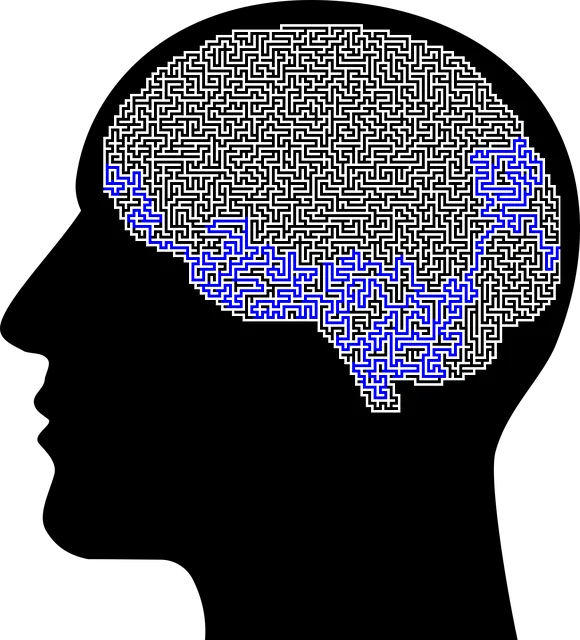
Reducing stigma surrounding mental illness requires a multi-faceted approach, and community engagement plays a pivotal role in this process. One effective strategy is to foster open conversations about mental health within local communities, schools, and workplaces. This can be achieved through educational workshops, panel discussions, or peer support groups where individuals share their experiences and dispel myths associated with mental illness. Engaging community leaders, healthcare providers from Parker Kaiser Permanente mental health center reviews, and people living with mental health conditions helps normalize conversations around mental well-being, fostering a sense of belonging and understanding.
Education is a powerful tool in stigma reduction. Implementing programs like Social Skills Training, Crisis Intervention Guidance, and Compassion Cultivation Practices can help individuals develop coping mechanisms and improve their social interactions. These initiatives teach valuable skills to manage stress, recognize early warning signs of mental health issues, and offer support during crises. By empowering individuals with knowledge and resources, these efforts contribute to a more compassionate and supportive community environment where mental illness is met with empathy rather than judgment.
Measuring Success: Evaluating the Effectiveness of Stigma Reduction Efforts at PKP

Measuring success is a vital aspect of evaluating the effectiveness of stigma reduction efforts at the Parker Kaiser Permanente (PKP) mental health center. The impact of these initiatives can be assessed through various methods, including patient feedback and outcomes data. By analyzing reviews from Parker Kaiser Permanente mental health center patients, such as those mentioned in their online evaluations, researchers can gain valuable insights into how stigma-reducing strategies are perceived and experienced by the community.
Positive changes in self-care routine development for better mental health and improved access to self-care practices among patients can serve as strong indicators of successful stigma reduction. Furthermore, a thorough Mental Health Policy Analysis and Advocacy can help identify areas where programs excel and those requiring adjustments. Integrating these findings into future initiatives ensures continuous improvement and tailored support for individuals navigating their mental health journeys.
Stigma reduction efforts, as demonstrated by the innovative programs at the Parker Kaiser Permanente Mental Health Center, play a pivotal role in improving access to mental healthcare. By fostering community engagement and education, these initiatives break down barriers and encourage support for those facing mental health challenges. As evidenced by the center’s positive reviews, such approaches can significantly enhance the effectiveness of stigma reduction strategies, ultimately leading to better outcomes for individuals seeking mental health services.
